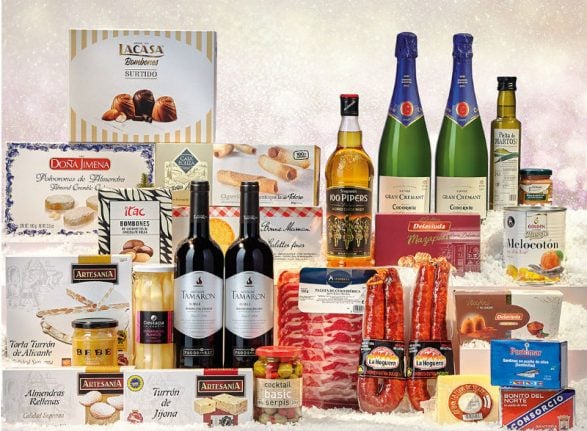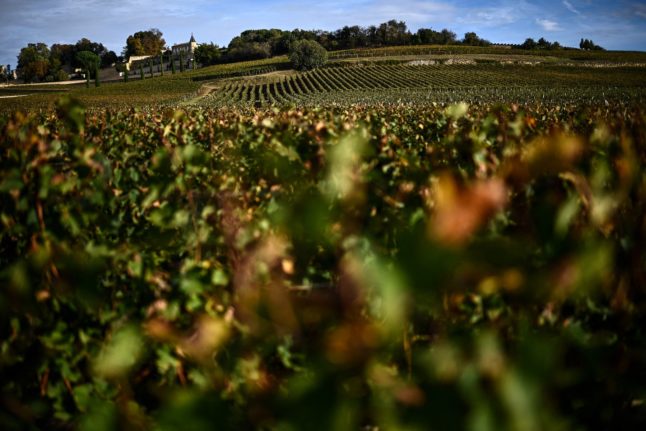Usually containing wine, olive oil, cured meats, luxury tinned products and sweet treats such as turrón and polvorones, the Christmas hamper is a treat that employees have come to expect.
In fact, the cesta is such an entrenched tradition in Spain that at some companies it’s written into the union contract.
In 2019, Spanish workers won a court case arguing that is not an act of generosity on the part of employers but a right that should be awarded to all employees.
Spain’s Supreme Court in papers made public in December 2019 declared Fujitsu Technology Spain had been wrong to cancel the seasonal perk – a move it made in 2013 as the country struggled in deep economic crisis.
The decision to suspend the hamper could be allowed in the context of a one-off emergency austerity measure but should not have been suspended indefinitely.
The ruling said that the Christmas hamper tradition had been so longstanding that employees had come to expect it, meaning it had become an acquired right.
The judge stated that “given the repetition over time of its delivery to the entire staff” the yuletide gift had become “a beneficial condition of the labour contract that cannot be considered merely an act of generosity on the part of the company”.
Fujitsu Spain had been delivering hampers since the unit was founded in 1973, with the exception of 1997, when vouchers were handed out instead.
Workers unions had accepted the one-off measure in 2013 but complained in subsequent years when the box of treats failed to appear.
The court ordered Fujitsu to deliver an extra compensation hamper to its 1,600 workers this year meaning employees can expect a double delivery.
While the judges said the ruling did not automatically mean all companies must provide hampers at Christmas, it is the fifth time that the Supreme Court has ruled that the delivery is a contractual condition.
In 2022, Spain’s Supreme Court again ruled that Christmas hampers can become an “acquired right” for workers in cases when they have been handed out uninterruptedly for several years. How many years is up to the judge to decide.
So, do workers in Spain always have the legal right to a Christmas hamper? No, but if they have received one for a number of years and la cesta de Navidad is part of a collective agreement drafted by their trade union, they do have the legal right to claim it.
The value of the average order of gift baskets has hovered between €30 and €60 for the last few years. According to voices from within the Christmas hamper sector in Spain, in 2022 employers are tightening their belts due to high inflation and rising costs.
READ ALSO:



 Please whitelist us to continue reading.
Please whitelist us to continue reading.
Member comments